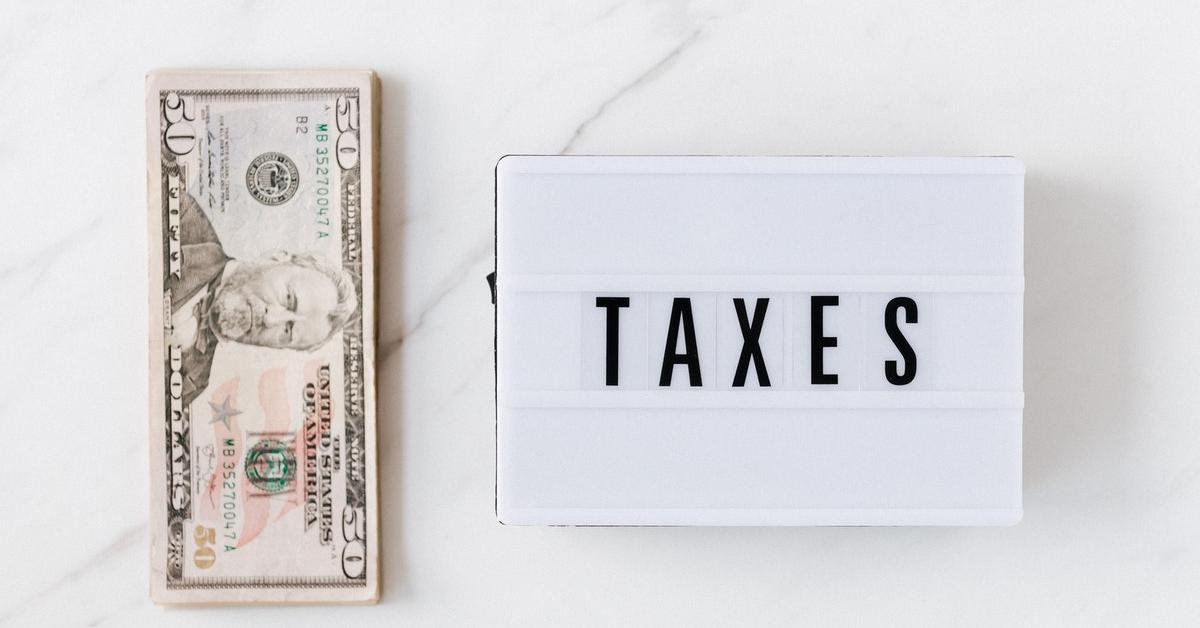What Are Property Taxes and How Do They Work?
Direct taxes are based on your income. Property taxes are a form of direct tax. So, how do property taxes work?
Oct. 19 2020, Updated 10:00 a.m. ET

“In this world, nothing can be said to be certain, except death and taxes,” are the golden words that Benjamin Franklin said in 1789. Usually, taxes are classified as direct taxes and indirect taxes. Direct taxes are proportional to your income. Most countries have progressive tax rates, which means your tax bracket goes up with your income. Indirect taxes are based on consumption and you pay them when you buy a good or service. Property tax is a form of direct tax. So, how do property taxes work?
What are property taxes?
Property tax is an ad valorem tax, which means that the tax value is based on the assessed value of the property. The tax paid by the owner of the property, which can be an individual or a corporation. Property tax is a levy imposed by local governments and municipalities on the properties in their jurisdictions. Globally, a large chunk of municipalities' revenues come from property taxes.
According to the Tax Policy Center, which is a joint venture between the Brookings Institution and the Urban Institute, local governments collected $509 billion from property taxes in 2017, which was almost half of their own sourced revenue that year. State governments only collected $16 billion, which is about 1 percent of their self-sourced revenue.
How to determine property taxes
Property taxes are determined by multiplying the property’s assessed value by the mill rate. Authorities revalue properties regularly. There are three ways to value property.
In the income method, the asset or property is valued based on the income that it would generate. Property can be valued based on its rental income.
In the replacement method, also known as the cost method, the property is valued based on its replacement cost. The accessor calculates how much it would cost in current dollars to replace the property.
In the sales evaluation, the property’s value is determined based on the sales data for comparable properties in the area.
Which states don't have property taxes?
Every U.S. state charges property taxes. Each state has set a minimum tax rate. However, the rates vary by state and some states have a higher tax rate than others. According to PropertyClub, certain individuals are exempt from property taxes in some states.
For example, Alabama has a full exemption from property taxes for retirees above the age of 65. Florida, Georgia, Mississippi, South Dakota, and Alaska also have some exemptions for retirees. Looking at property tax rates, Hawaii has the lowest rates followed by Alabama. New Jersey has the highest property tax rates, while Illinois is ranked second.

How often are property taxes due?
Property taxes are due annually. If you don’t pay property taxes on time, you could be subject to penalties. Property tax penalties vary by state. Also, property taxes change. A property’s assessed value changes after every assessment.
For many people, owning a house has always been part of the American dream. It's a good idea to start saving for a house sooner rather than later. Also, given the current low interest rate environment, it might be a good idea to refinance your existing mortgage at these rates.

